When, in early March, airlines began to cancel flights in Nigeria due to a scarcity of aviation fuel, Nigerians thought twice about what was happening. For the second month, the fuel scarcity continued to bite very hard, in addition to a recurrent collapse of the national grid, plunging the country into darkness over and over.
So, when on Thursday, March 18, President Muhammadu Buhari apologized to Nigerians on the persisting shortages of petroleum products, many heaved a sigh of relief. Nigerians first reduced their anger because the president apologized. Secondly, the president’s offer of regrets appeared to many to be the beginning of the end of the shortages. The president did promise an imminent end to the shortages that took prices to over N250 per litre in some places.
READ ALSO: Fuel Scarcity: I’m Sorry, Buhari Tells Nigerians
Join our WhatsApp ChannelRecall that the shortages were said to have been caused by importation of bad fuel in Abuja and elsewhere as well as the sabotage of gas pipelines and ongoing maintenance of gas power plants.
We do not intend to catalogue the litany of all that began to go wrong, as many social media platforms have done, even linking the fuel shortages to Nigeria’s failure to secure a world cup berth in Qatar 2022. We intend to say that Nigeria, like many African countries, are reeling from the effects of COVID-19, and perhaps, the Russia-Ukraine impasse.
But it all comes down to a continent that always fails to plan for the rainy day; a continent that is used to stopgap measures.
Europe depends on Russia for half of its gas and coal supplies, but what the continent has done to cushion the effects of interruptions in gas from Russia shows why someone should plan. Africa is in dire straits because COVID-19 and the rising cost of energy have clogged the supply chain, dealing a crushing blow to its import-dependent economy.
According to the United Nations Conference on Trade and Development (UNCTAD), at least 25 African countries import one-third their wheat from Russia and Ukraine; 15 import about half, while Benin and Somalia import 100 per cent of their wheat from the two countries.
Wheat is Nigeria’s third most consumed food, and we can see why the prices of wheat-based products like bread have skyrocketed.
According to Reuters, every drop of aviation fuel in Nigeria is imported, and prices have almost doubled to N625 per litre, going by the prices as of December 2021. Oil prices in the international market broke a 14-year record, rising to as high as $80 dollars per barrel since the start of the invasion of Ukraine by Russia in February. It is over $104 as of today.
Yet, Nigeria still made no profits from oil exports in January despite a daily production of nearly 2 million barrels of oil. The country rather spent more on importation because its refineries are comatose. At least, N210 billion was spent on fuel subsidy in January alone, with another N1.4 trillion squashed on subsidy in 2021. The effect on foreign exchange earning was easily predictable.
The IMF had forecast that Ghana and Ivory Coast, seen as medium-sized economies, will be among the few medium-sized economies to go above the 3.8 per cent growth limit forecast for Africa in 2022. South Africa, Nigeria and Angola, making up about a third of Africa’s GDP, are forecast to grow by only 0.1 percentage point in 2022. The IMF had noted that African economies were already struggling before the COVID-19, and will continue to struggle in 2022.
To conserve foreign exchange earnings, one of the stand-out policies of the Buhari-led government was to shore up local production of food and industrial material. But there is yet a strong policy thrust to see to that.
In the short-term, the government stopped the Central Bank of Nigeria (BN) from providing food importers access to foreign currency to discourage food imports. However, in terms of foodstuff prices, the country is yet to see the effects of investments in agriculture and production. And so, in 2021, the doors to imports were opened again, questioning the wisdom behind its initial closure.
Massive food imports continued to weaken the naira against the dollar, with concomitant foreign currency shortages, further impacting severely on food imports and the food supply chain. With its N65 rebate per dollar scheme, and the ‘100 for 100’ Policy for Production and Productivity, the CBN began dollar rebates to those who attracted dollar into the country. Milton Friedman once said that the impact of policies should not be on their intentions, but on their results.
Furthermore, many have continually questioned why Nigeria has privatized the distribution of electricity, yet retains a stranglehold on a centralized production of electricity. In about a decade and half, N6.52 trillion was spent on the power sector, yet the national grid would collapse twice in two weeks.
Thankfully, the National Assembly recently passed a Bill that will empower states to produce their own electricity instead of always feeding a clumsy national grid. Will the law come into effect? The answer in the near future will further explain whether government thinks about lasting solutions or lacks the will to solve national problems.
Long-term solutions are necessary in Africa. Experts believe the first of the political will must begin from the guts to end fuel imports, which may, in itself, automatically end the colossal waste called subsidy. There is an urgent need for a long-term industrial plan in partnership with university-based research. Resource exploration, resource production and marketing must obtain within a climate of healthy competition.
Population increases, crisis in the education sector and public-private sector reforms and partnerships are areas requiring immediate long-term strategic plans.
Nigeria’s population is expected to reach 400 million by 2050, with more babies born in Nigeria daily than in all of Europe.
Nigerian universities have been on strike for up to four years since 2009. Government continues to centralize resource management, bringing on itself more than it can carry, and furnishing bureaucratic freezes that stifle initiative, efficiency and excellence. While research in academic institutions literally lifted the US and Europe out of the pandemic conundrum, Nigerian universities have spent 10 months on strike since the start of the pandemic in 2019.
Governments must shore up its revenue base, beginning with tax. Ghana is already leading the way with its biometric passport, which serves as an identity card and tax identification number. Ghana plots to mobilize domestic fund and end the dominance of the informal sector as well as tax evasion.
We advise that, with clear-headed modifications to suit Nigeria’s demography, the Ghana example can be copied as a necessary step to mobilize local funds for more strategic approach to many inexplicable shortages now crippling Nigeria’s economy.


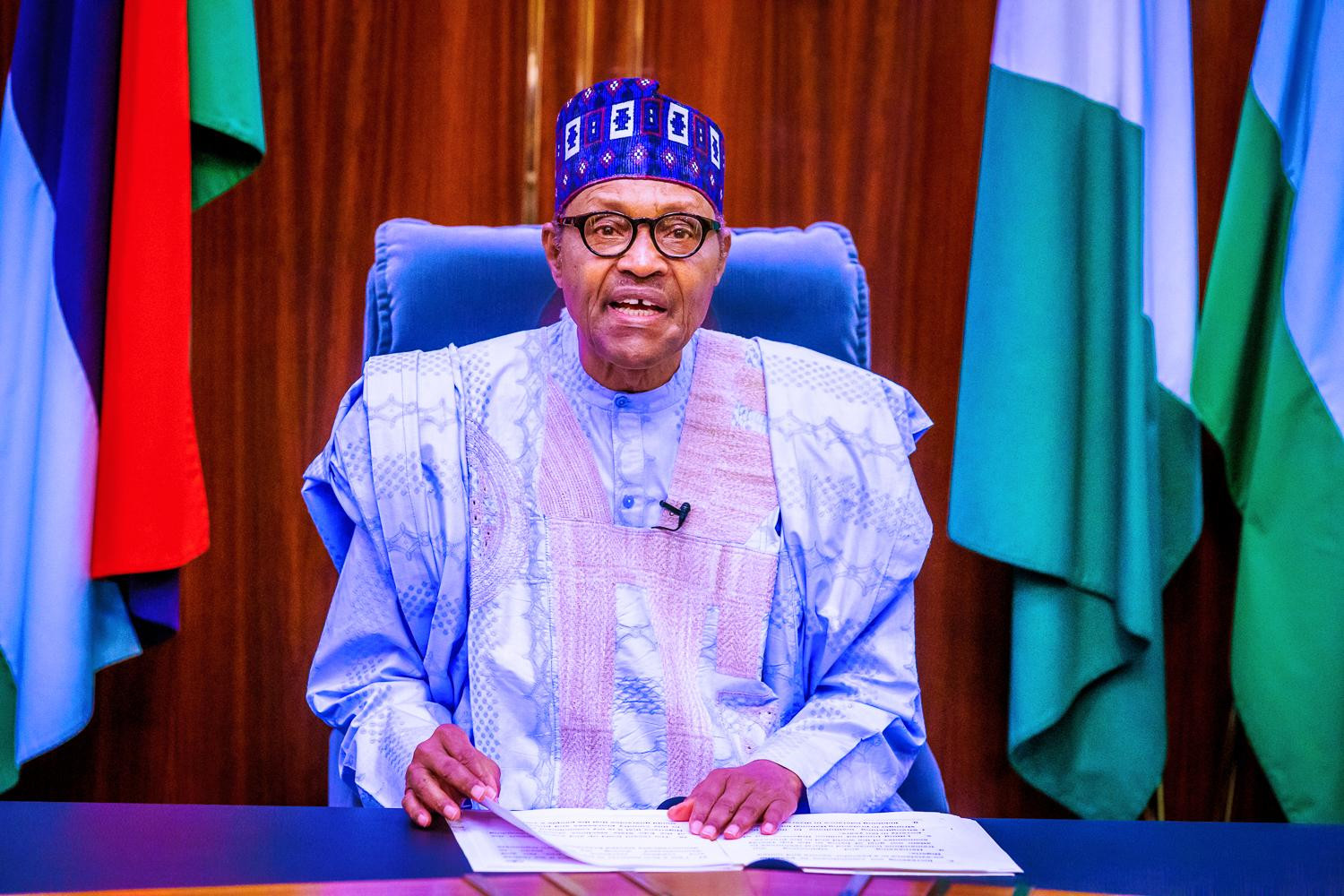


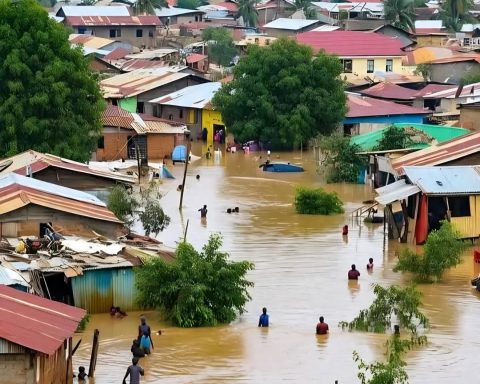
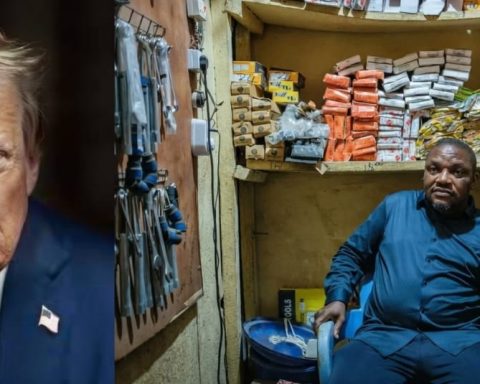

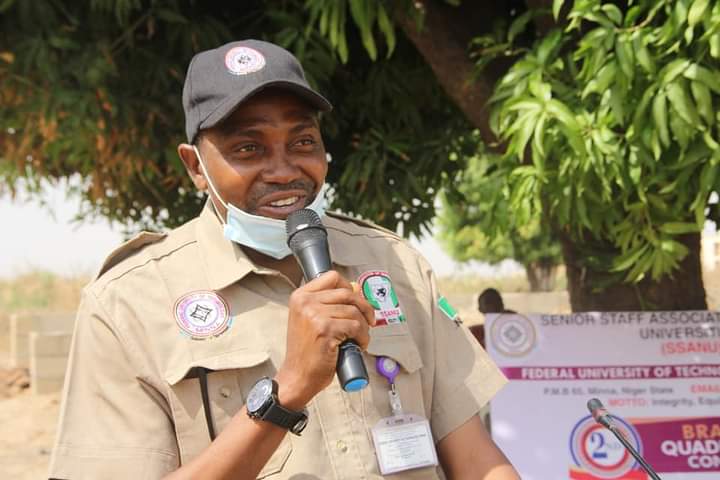


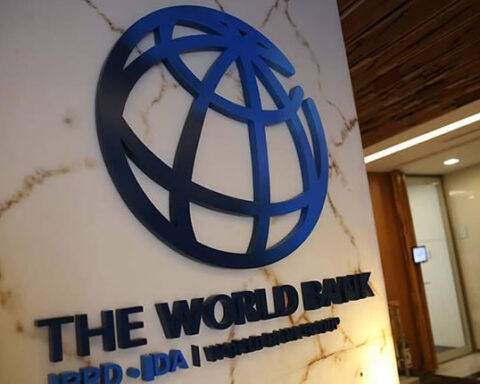
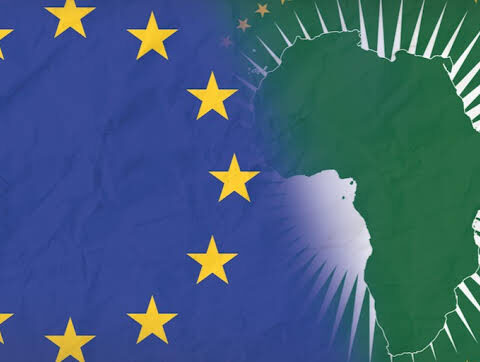
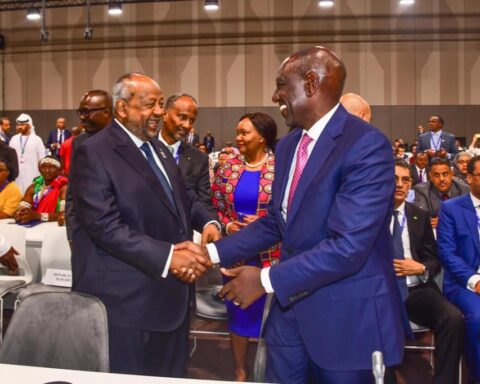
![Gender Activism An Economic Necessity In Africa [PBA Editorial]](https://www.primebusiness.africa/wp-content/uploads/2023/11/vaw-480x384.png)


Maybe you should consider doing more haphazard articles like this one. The structure was nice. Introduction was okay. All round clarity, there was balance without bias. Little sarcasm and extremely relatable